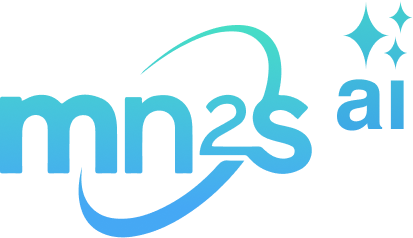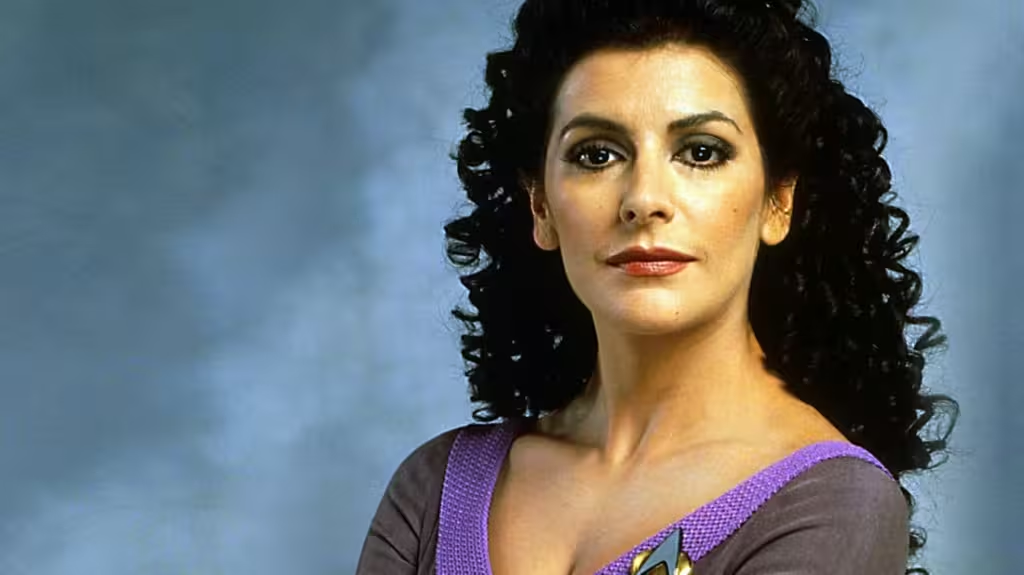
We’ve made it even easier for you to explore our roster and find the perfect celebrity talent. Simply type what you’re looking for below, skincare influencer, football legend, etc. and get precise results tailored to your needs with our enhanced search experience.
MN2S makes talent booking straightforward and stress-free. We represent top talent for events, public appearances, brand partnerships, campaigns, and media engagements. From keynote speakers to celebrity DJs influencers and industry leads, we provide access to celebrities and talents who leave a lasting impression.
Our talent booking agency handles everything from contract negotiation to travel coordination, giving clients that are looking for talent representation confidence at every stage of the process. MN2S offers dedicated talent representation for artists, personalities, influencers, and entertainers.
MN2S provides global reach for talent across music, media, entertainment, and influencer marketing. As a leading talent agency, we work with individuals in five continents and more than 150 countries, and support their growth with branding, commercial deals, licensing, PR coordination, and social media strategy.
With a presence in major markets worldwide, we help talent break into new territories and connect with global audiences through strategic placements and international campaigns.
View our latest developments and partnership success stories below

Talent
14 September 2025
The actress and human rights advocate Nazanin Boniadi will receive the Luminary Award at this year’s gala, delivering an inspiring speech courtesy…

Talent
5 September 2025
Marc O’Polo welcomed former German international footballer Thomas Hitzlsperger to its Partner Day event in Frankfurt, where he took part in a…

Talent
29 August 2025
Celebrity Guests Bring Star Power and Unforgettable Experiences Gosport Comic Con, presented by Vanguard Comics, thanks to MN2S is, is delighted to…
Among the top talent agencies, MN2S delivers proven results through professional service and a deep understanding of both creative and commercial industries. Our clients include global brands, major media outlets, event producers, and PR agencies who rely on us to find them the right talent for their needs.

Read our comprehensive guide on setting up the right Brand Partnerhsip
View storySigning with a world-class talent management agency should bring you new opportunities and keep things simple. We don’t only focus on managing bookings that come to us: we have a global family of corporate, commercial, charitable and private clients and an international network of talent managers, promoters, event organisers and TV producers at our fingertips. Through these connections, we actively promote individuals looking for talent representation. We know the strengths of each individual on our celebrity talent roster, and when we spot an opportunity, we don’t hesitate to make relevant suggestions and create partnerships wherever we can.















As a celebrity talent agency with an extensive roster, we’re able to book celebrities for brand partnerships and activations, speaking engagements, voice-overs or appearances at corporate, charity and private events. From Olympic athletes to All Black rugby players, from broadcast journalists to celebrity chefs, we have talent that can inspire, entertain and sell. Our roster spans personalities suited to business events, charity fundraisers, television appearances and influencer campaigns. You may know exactly which celebrity to book. If not, ask a talent agent for advice about speakers, presenters, or celebrity guests who can boost your brand or make your event.
View our celebrity roster Make an enquiry
As a trusted international talent agency, MN2S serves clients and talent across the globe. From Europe and North America to Asia and the Middle East, we offer global reach with local knowledge. Our international partnerships and team give talent and clients a competitive edge in global markets with years of experience and knowledge on closing deals all across the globe.
Looking for a different kind of talent? Browse our other talent rosters below to find the right talent to fit.
If you still have questions, don’t worry, we’ve got you covered. See below some of the most commonly asked questions about booking talent
View all questionsWhat is the process for talent booking?

To book any of the celebrities or sports personalities on our talent roster call us, email us or fill in a booking enquiry form. You can find the email and direct telephone number to contact celebrity agents on the celebrity’s bio page on the MN2S website.
In your initial booking enquiry, please tell us as much as you can about the venue, location, type of engagement, and your preferred event dates.
If you email us or use the booking enquiry form, one of our agents will contact you as soon as possible. We usually respond within an hour or two, and will definitely be in contact within 24 hours.
If your preferred celebrity is available for your dates, we will then send you a booking form. Once you complete the form, we can confirm whether the booking is possible. In some instances we may need to speak to the celebrity first. We will then discuss the details of your booking with you, including the appearance fee and expenses.
Once you are happy with the details of the booking, we will issue you with a short contract that is standard for celebrities agents. The booking is confirmed once we receive a signed copy of the contract and a booking deposit.
The deposit for booking a celebrity is usually 50% of the total fee. It is payable within 3 working days of the contract being signed. However, this may vary depending on the type of engagement.
We can often confirm a booking and finalise the contract on the same day that you make the enquiry.
Does MN2S handle international talent bookings?

Yes we do. Our global connections are one of the things that sets us apart from many other UK- and US-based talent management agencies. On our talent roster we have both national and international media, TV and sports personalities. These include celebrity chefs, TV presenters, models, singers, cricketers and footballers. Although many of them are from the UK or the US, the majority of them have an international following. We work with them to manage and identify booking opportunities not just in the UK, US and Europe, but around the world.
For our celebrities, we manage diverse bookings in more than 120 countries. These range from personal appearances, product endorsements, advertising campaigns and voiceovers, to media opportunities and speaking engagements.
As celebrities agents, we have a great deal of experience in managing international talent bookings, and are meticulous in our planning and logistics.
Ask us if you need advice about motivational speakers, presenters or celebrity guests who will be suitable for your brand or event. We will be more than happy to give you some suggestions if we believe we have someone who is on-brand and fits your requirements.
To discuss a booking, call or email one of our booking agents now. Or you can use our booking enquiry form and one of our agents will get back to you as soon as possible.
Can you help me to contact a celebrity directly?

No. We do not pass on any personal requests for autographs or video messages to the celebrities on our talent roster.